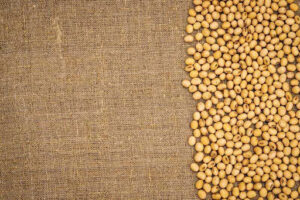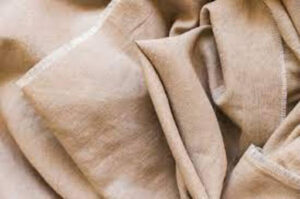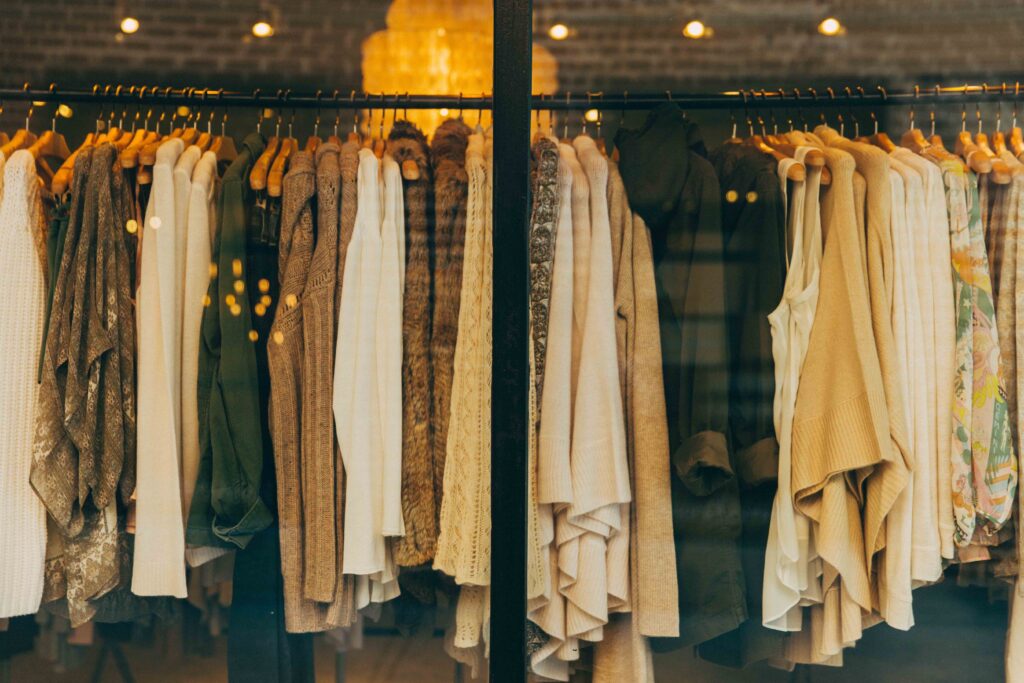Biodegradable garb is experiencing a surge in popularity as the fashion enterprise actively seeks environmentally responsible and sustainable options. Yet, questions linger regarding the eco pleasant apparel materials of these garments.In this article, we will delve into the categorization of biodegradable clothing, exploring both clothing manufacturing process , to assess its viability as a sustainable alternative within the style enterprise. Additionally, the environmental impact of biodegradable clothing may be scrutinized to offer a comprehensive expertise of its position in fostering eco-friendly practices.
1. The significance of biodegradable garb in the fashion enterprise
In the fashion enterprise, the significance of embracing biodegradable materials cannot be overstated. Biodegradable clothing refers to garments crafted from substances capable of certainly decomposing in the surroundings with out leaving dangerous residues. These materials undergo breakdown and digestion by microorganisms, in particular bacteria.

The significance of sustainable substances inside the fashion enterprise
Unlike traditional apparel crafted from artificial materials that may bear for loads of years, biodegradable apparel additionally green guys’s clothing has the fantastic potential to dissolve inside a few months to a few years. The decomposition price varies primarily based on the specific cloth and environmental conditions. By advocating for the big use of biodegradable substances, the fashion enterprise can correctly reduce its environmental footprint and development closer to a more sustainable future.
2. Sustainable garb crafted from natural biodegradable substances
As the environmental impact of the fashion industry intensifies, women’s clothing manufacturer there’s a developing call for for natural materials to supply biodegradable garb. This shift reflects a heightened focus of the enterprise’s poor results on the surroundings. The subsequent dialogue will spotlight various natural substances employed within the creation of biodegradable clothing.
2.1. Citrus Fruit
Citrus fruits like oranges and lemons have the capability for use in making biodegradable apparel due to the material in their rinds. This fabric can be extracted and processed into a durable, elastic yarn, appropriate for crafting items like t-shirts, socks, and footwear. Citrus fruit fiber garb is biodegradable and certainly antibacterial, making it an splendid preference for sports wear.
2.2. Hemp
Hemp, utilized for garb seeing that ancient times, is well known for its herbal versatility. Environmentally conscious clients choose hemp clothing for its sturdiness, comfort, and biodegradability. Notably, hemp is a rapidly growing crop requiring minimum water and insecticides, presenting an green alternative to standard cotton.
2.3. Organic cotton
Organic cotton is a relied on biodegradable fabric, but its eco-friendliness is limited in comparison to different alternatives. It demands nearly twice the land as hemp for the same amount of textiles. The cultivation of 1 kilogram of natural cotton consumes a massive amount of water, and the general production method uses more than one instances more water than that of different fibers.
2.4. Soybeans
Surprisingly, beans can make contributions to the production of biodegradable garb. Eco-pleasant soy fabric is crafted from leftover soybean hulls, supplying a clean and silky texture best for breathable garments. The biodegradable nature of soybean-primarily based apparel offers the ability to reduce environmental waste.

Fabric material crafted from soybeans
2.5. Bioengineered Spider Silk
A groundbreaking cloth poised to convert the style industry is bioengineered spider silk, known for its outstanding strength and flexibility. Traditionally tough and expensive to supply in big quantities, latest advances in biotechnology permit the advent of spider silk threads via genetically modified bacteria or yeast. This revolutionary procedure avoids the usage of harmful chemicals or insecticides, making sure a sustainable and biodegradable product with out harming spiders in the manufacturing.
2.6. Bamboo
Bamboo, a hastily renewable and rapid-developing material, is utilized inside the manufacturing of biodegradable apparel. Processed into pulp and spun into yarn, bamboo fibers create smooth, breathable, and moisture-wicking fabric appropriate for objects like t-shirts, socks, and underclothes. Not handiest eco-friendly, however bamboo material is also certainly antimicrobial and hypoallergenic, making it an outstanding desire for individuals with sensitive pores and skin. Moreover, its energy and sturdiness make it a cost-effective long-time period option.
2.7. Linen
Linen, derived from the fibers of the flax plant, has been a cross-to natural fabric for crafting biodegradable garb for hundreds of years. Known for its power, breathability, and potential to offer coolness in warm climate, linen is a undying choice. Additionally, it boasts herbal antibacterial and hypoallergenic homes, making it an superb choice for people with sensitive skin. With both eco-friendly and durable features, linen emerges as a sustainable and price-powerful lengthy-time period preference for apparel.

Linen garb
2.8. Algae
Algae, a versatile marine vegetable, is being explored as a source for developing biodegradable fabrics in the apparel industry. Scientists are investigating its ability to provide environmentally pleasant and durable apparel. Algae material is biodegradable, providing a herbal decomposition procedure that could contribute to reducing environmental waste over time. While nonetheless in the experimental section, algal apparel holds promise as a modern-day and sustainable answer for environmentally conscious style.
3. Some hazards of biodegradable garments
While biodegradable apparel gives diverse blessings over conventional materials, there are drawbacks to consider. One good sized drawback is the capacity better cost in comparison to artificial substances, attributed to the difficult production manner and specialized equipment. Additionally, the durability of sure biodegradable materials won’t healthy that of synthetic textiles, leading to a shorter lifespan and greater frequent replacements.
4. Biodegradable apparel: shaping the destiny of sustainable style
The style industry is an increasing number of turning to biodegradable clothing as a sustainable alternative to traditional fabric amid developing environmental concerns. Key elements riding this shift encompass:
Increased call for for sustainable and ethical style: The fashion industry is witnessing a shift in consumer alternatives because of rising environmental attention and issues about hard work practices. This has brought about a growing hobby in biodegradable clothes as part of the call for for ethical and ecological fashion.
Innovations in biodegradable substances: Advances in biotechnology have introduced novel substances such as citrus fruit, soybeans, and bioengineered spider silk. These materials, besides being clearly biodegradable, require much less water and strength for manufacturing, supplying various advantages.
Integration of generation: The future of biodegradable clothing entails incorporating generation. Some garb producers are exploring 3-d printing era to create custom designed biodegradable apparel, probably revolutionizing the industry through making garb more personalized, realistic, and environmentally pleasant.
Biodegradable apparel holds promise as a sustainable desire for the style enterprise. For more facts or inquiries in this topic, feel free to touch Dugarco for complete assistance.
